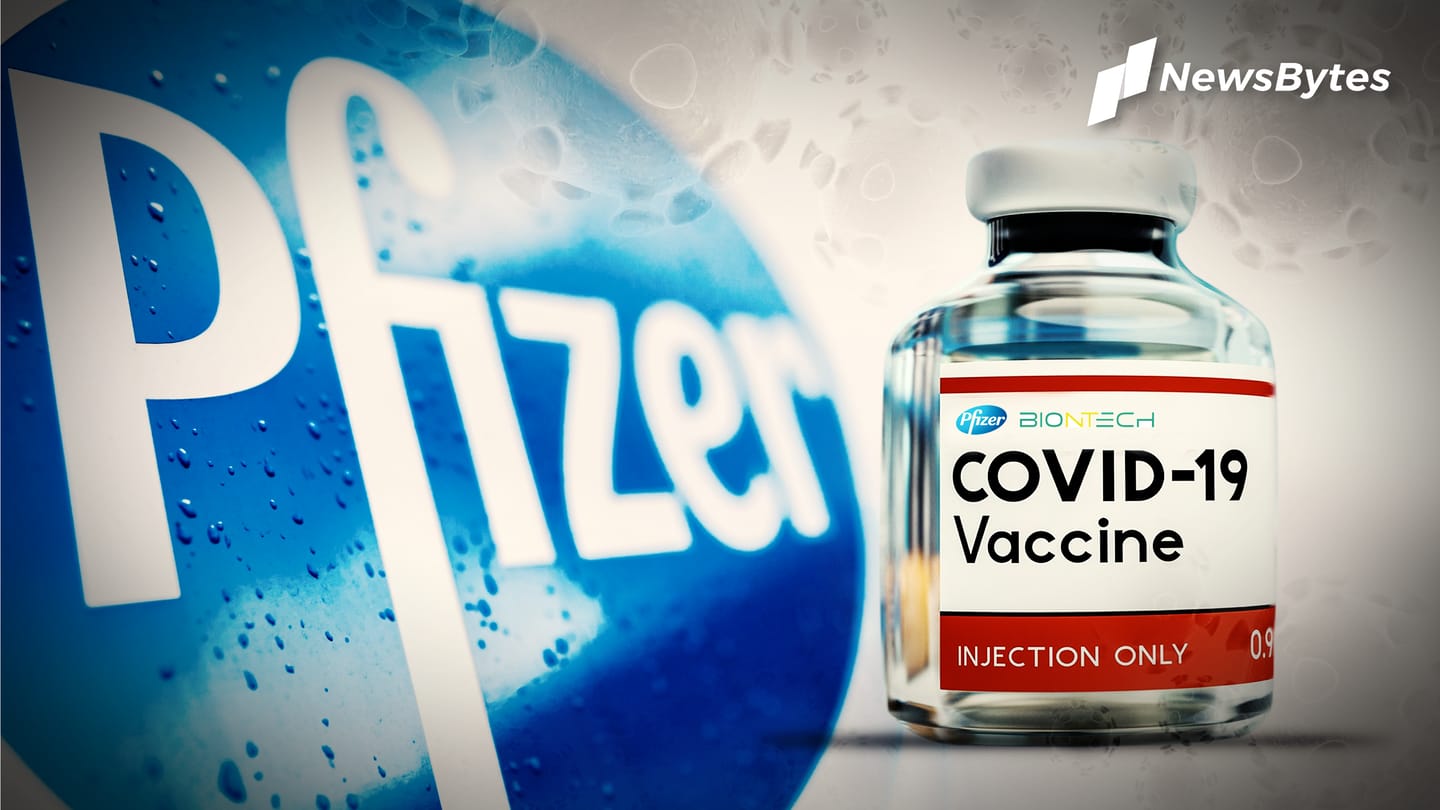
WHO approves Pfizer-BioNTech's coronavirus vaccine for emergency use
What's the story
The World Health Organization (WHO) on Thursday granted "emergency validation" to the coronavirus vaccine developed by Pfizer and BioNTech, making it the first vaccine to be given such an approval by the United Nations body. In a statement, WHO said that this move "opens the door for countries to expedite their own regulatory approval processes to import and administer the vaccine." Here's more.
What happened
A number of countries are already administering Pfizer-BioNTech's doses
The American-German vaccine was first approved by the United Kingdom administration last month, paving the path for the launch of a mass inoculation program on December 8. Other countries that followed suit are the United States, Canada, Qatar, Bahrain, and Mexico. This week, Singapore became the first Asian country to begin vaccinating its healthcare workers with the Pfizer-BioNTech vaccine.
Significance
WHO's approval will aid countries with weaker systems
While a number of countries have their own drug regulators to judge the efficiency and safety of vaccines, nations with weaker systems rely on WHO to take necessary action. A top WHO official Mariangela Simao said, "This is a very positive step towards ensuring global access to COVID-19 vaccines." Simao is tasked with ensuring that doses to fight the viral disease are accessible.
Quote
Official underlined countries have to work together
"But I want to emphasize the need for an even greater global effort to achieve enough vaccine supply to meet the needs of priority populations everywhere," Simao said in a statement.
Details
The vaccine met the 'must-have criteria' of WHO
The UN body explained that on evaluations the Pfizer-BioNTech "met the must-have criteria for safety and efficacy set out by WHO." Experts reviewed the data from the vaccine developers to conclude that the benefits outweighed the risks of the vaccine. This approval will also allow groups like the United Nations Children's Fund (UNICEF) to procure the vaccine for needy countries, WHO added.
Cold storage
Distribution of vaccine could be taxing for poorer nations
It's important to highlight that the Pfizer-BioNTech vaccine has to be stored in ultra-cold temperatures, making its distribution in poor and developing countries challenging. The health agency said it was "working to support countries in assessing their delivery plans and preparing for use where possible." WHO's intervention in vaccine procurement and distribution comes as a respite for human rights groups that slammed "hoarding".
Hoarding
Richer nations have already secured a large chunk of doses
As per an Amnesty International report, richer nations like the UK, US, and Canada have secured all of Moderna's vaccine and a staggering 96% of Pfizer-BioNTech's doses. Stephen Cockburn, head of economic and social justice at Amnesty, told AlJazeera, "Rather than working together, we have had a 'me first' attitude in many countries and there's been a lack of multilateralism and global coordination in the world."